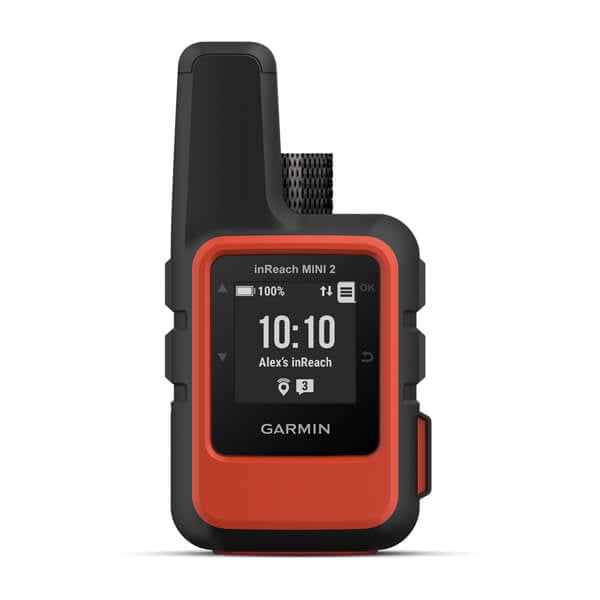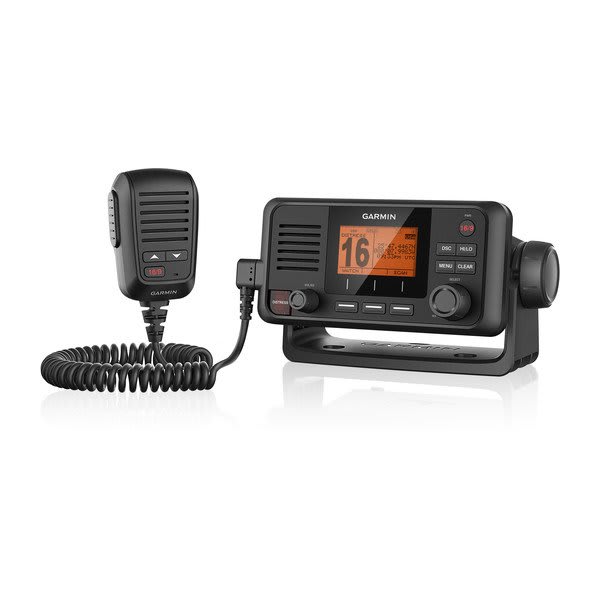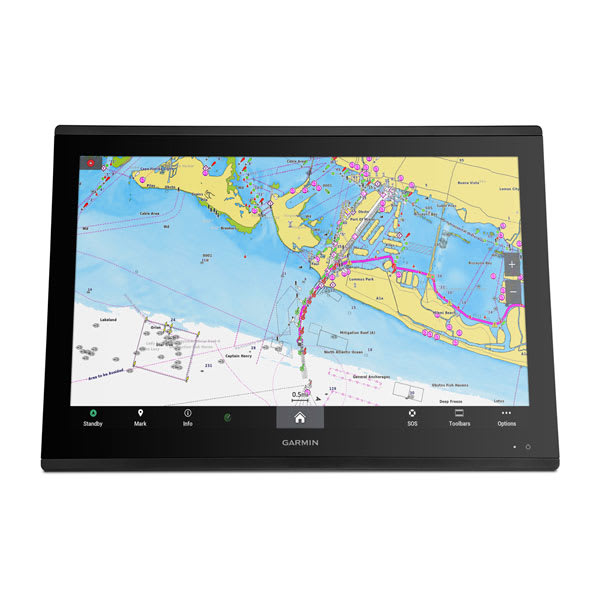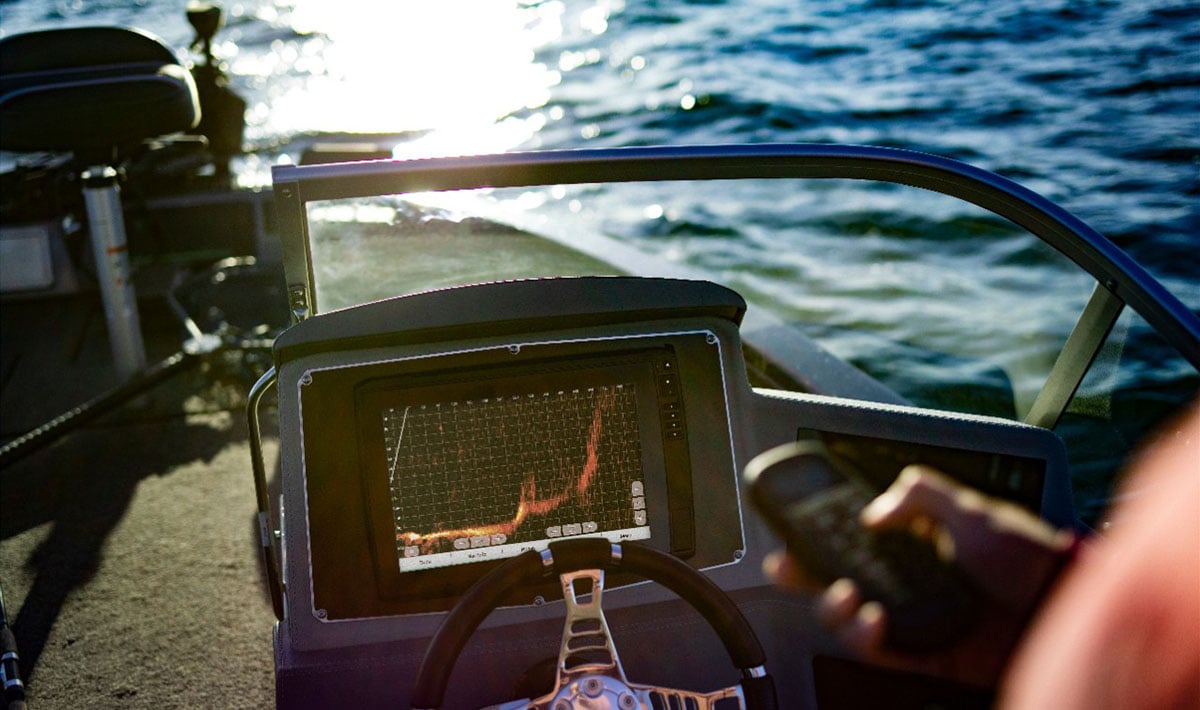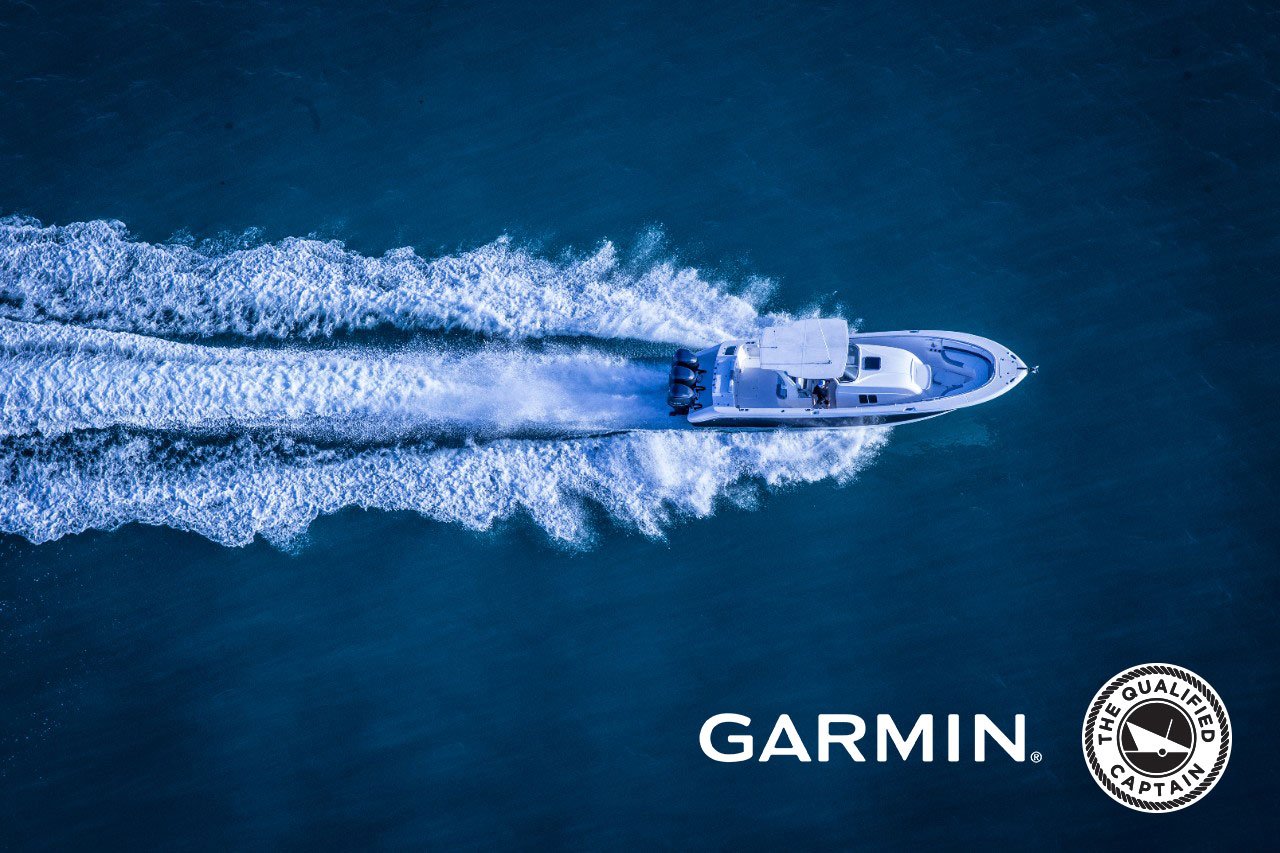
Boating Safety Tips with the Qualified Captain
There are few people who have seen more boating mishaps than Aaron Stasiak, owner of The Qualified Captain. Their Instagram page started as a place to highlight on-the-water incidents that could have been avoided. While Aaron and his team are known for sharing videos of what not to do on the water, as lifelong boaters and anglers themselves, they take great pride in highlighting the lessons learned from each video they share on their platform along the way. In honor of National Safe Boating Week, May 20-26, we caught up with Aaron to get a few tips and tricks of how to make the most of your time on the water.
You’ve been boating your whole life. What do you enjoy the most about it?
AS: There is nothing better than having a great day out on the water, whether it’s fishing, island hopping or taking the dogs for a swim. What makes it the most enjoyable for me is having all my family and friends involved and to complete our day knowing everyone is home safe while we grill out fresh-caught fish — that’s what it’s all about!
What is the most common and avoidable “mishap” you see on the water?
AS: Lack of preparation. By that I mean, hands-on training, equipment, electronics knowledge, “rules-of-the-road” education and etiquette. A main reason I am a BIG Garmin fan is not only because the equipment is top notch, but it is also very easy to understand how things operate, which can be hugely beneficial for new boat owners.
Murphy’s Law — anything that can go wrong, will go wrong. Do you think that was written about boating?
AS: If not, it should be! You’ve got to plan your trips accordingly and have that quote in the back of your head. And I’ve always noticed when something does go wrong, it usually happens quickly, and you need to know how to react.
As we approach some of the busiest weekends for boating in the country, what’s something you wish everyone would do before they leave the dock?
AS: Plan your day and have confidence. If you don’t have confidence on the water and operating your boat, seriously consider hiring someone to provide you with hands-on training. We work with At The Helm Training — which has licensed captains all over the country — who are there to help you learn about your boat. You don’t want to wait until the busiest day of the year to go out for the first time on your new boat. Most importantly, if you are the captain, do not drink and drive. It is no different than driving a car, and you will go to jail when stopped.
The requirements vary by vessel and where you’re boating, but in general, what resource do you recommend boaters use to identify what safety equipment they need on board?
AS: I personally follow all USCG standards. You can find all that information on their website. We also recommend a few other items that we personally carry on our boats, like a trauma kit (better than your basic first aid kit), tools, survival kit, and a Garmin inReach® satellite communicator1 or an EPIRB. You can find our trauma kits on our website.
What are the top three things you’d recommend every boat to have in case of an emergency? AS: Enough life jackets, an EPIRB like the Garmin inReach and reliable communication. Having a solid VHF radio (and knowing how to use it) on board can save your life.
Electronics can make a difference between a good and bad day on the water. Can you talk about the role you see Garmin electronics — i.e., navigation, communication, radar, etc. — play in keeping boaters safe? What Garmin electronics do you rely on for a good day on the water and why?
AS: I could talk all day about this. First, all the GPS systems I’ve worked with from Garmin over the years have been fantastic. Navigation wise, they are very easy to learn and operate. There was a story written a while ago about an unmanned vessel that was found running, and the guys who found it were able to hop aboard, follow the Garmin track marks back to where the guy fellow over and saved the man’s life! That’s just one example, but having something you can rely on to get you from point A to point B is something that we sometimes take for granted.
I also love my inReach. When I am going outside of cell service, I will message my girlfriend from the inReach so she can track my location while I am out there. It’s so convenient to have to keep friends and family updated so we are all on the same page, and it gives them peace of mind that everyone is safe.
As for radar, I can’t tell you how many times we have run past unlit channel markers at night. I previously worked with a boat towing service, and we had all of our boats upgraded with a Garmin radar. It was such a relief being able to clearly know what was ahead while underway at night or in fog.
So with all that said, I rely on everything I have on the boat to ensure we have a good day. Take advantage of the new technology. It is pretty incredible what is out there now!
What about mapping? How can having updated maps and data help keep you safe?
AS: It is crucial. We were lucky to have updated surveyors send us the most accurate data before heading out on tow jobs. It honestly was pretty incredible to see how quickly our Garmin units would update accordingly. That is one of the main reasons I am team Garmin — real-time data!
What is the single most important piece of advice you’d give boaters?
AS: Have fun but be prepared for worst-case scenarios. Have the proper equipment on board. Utilize updated technology. Educate yourself on more than just boat handling and “rules of the road.” Consider taking a CPR/first aid class. Practice a “stop the bleed” situation. It may not be someone on your boat, but maybe another boat or friend nearby. Be the hero of the day. In the end, you could be the only one out there to save a life before help arrives.
1Active satellite subscription required. Some jurisdictions regulate or prohibit the use of satellite communication devices. It is the responsibility of the user to know and follow all applicable laws in the jurisdictions where the device is intended to be used.
